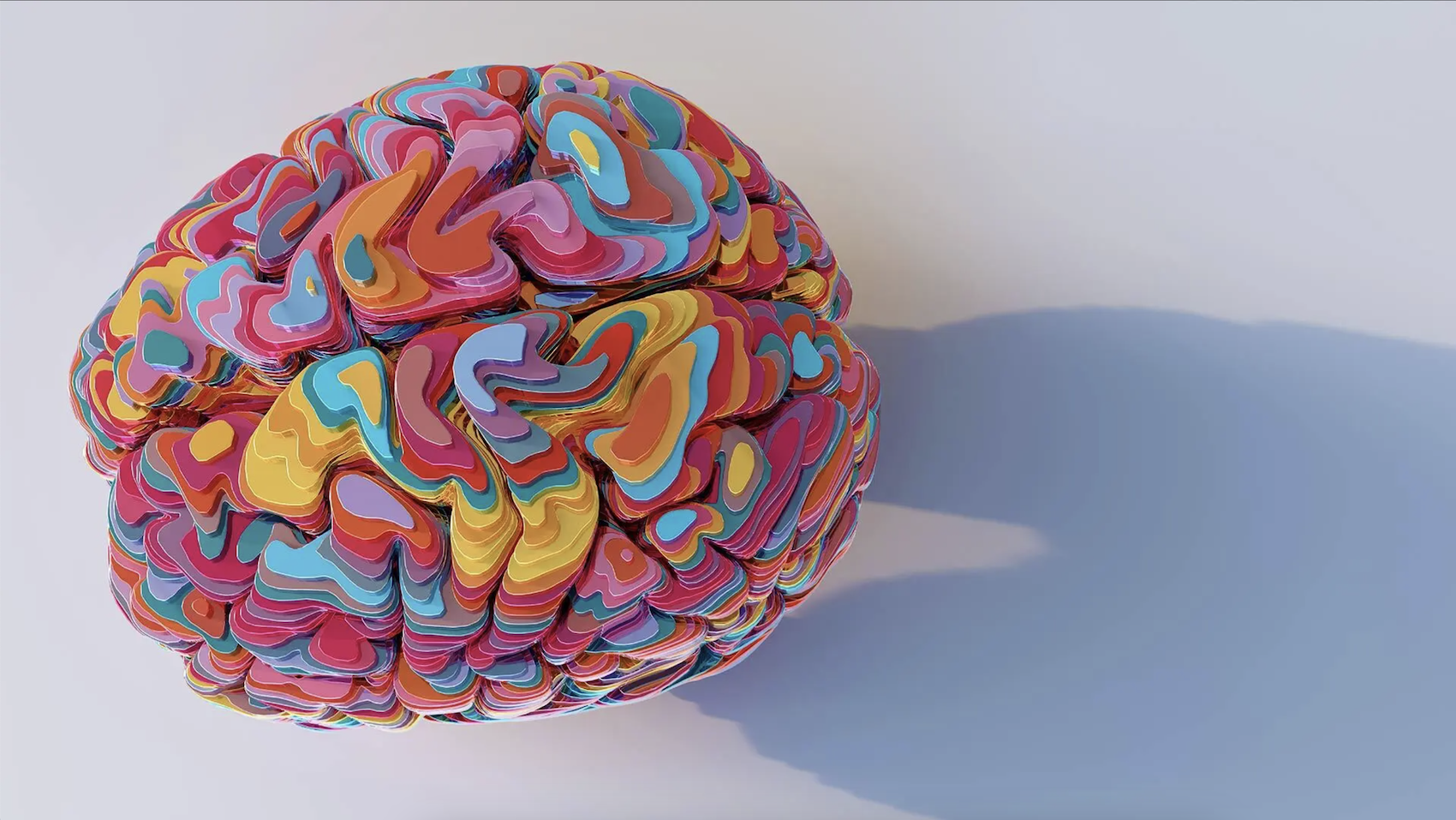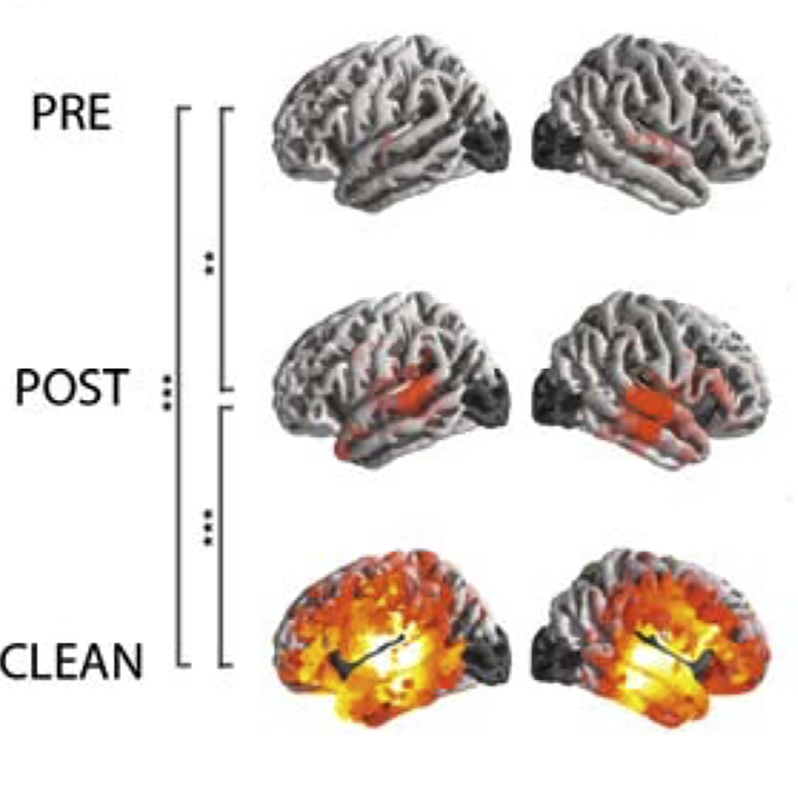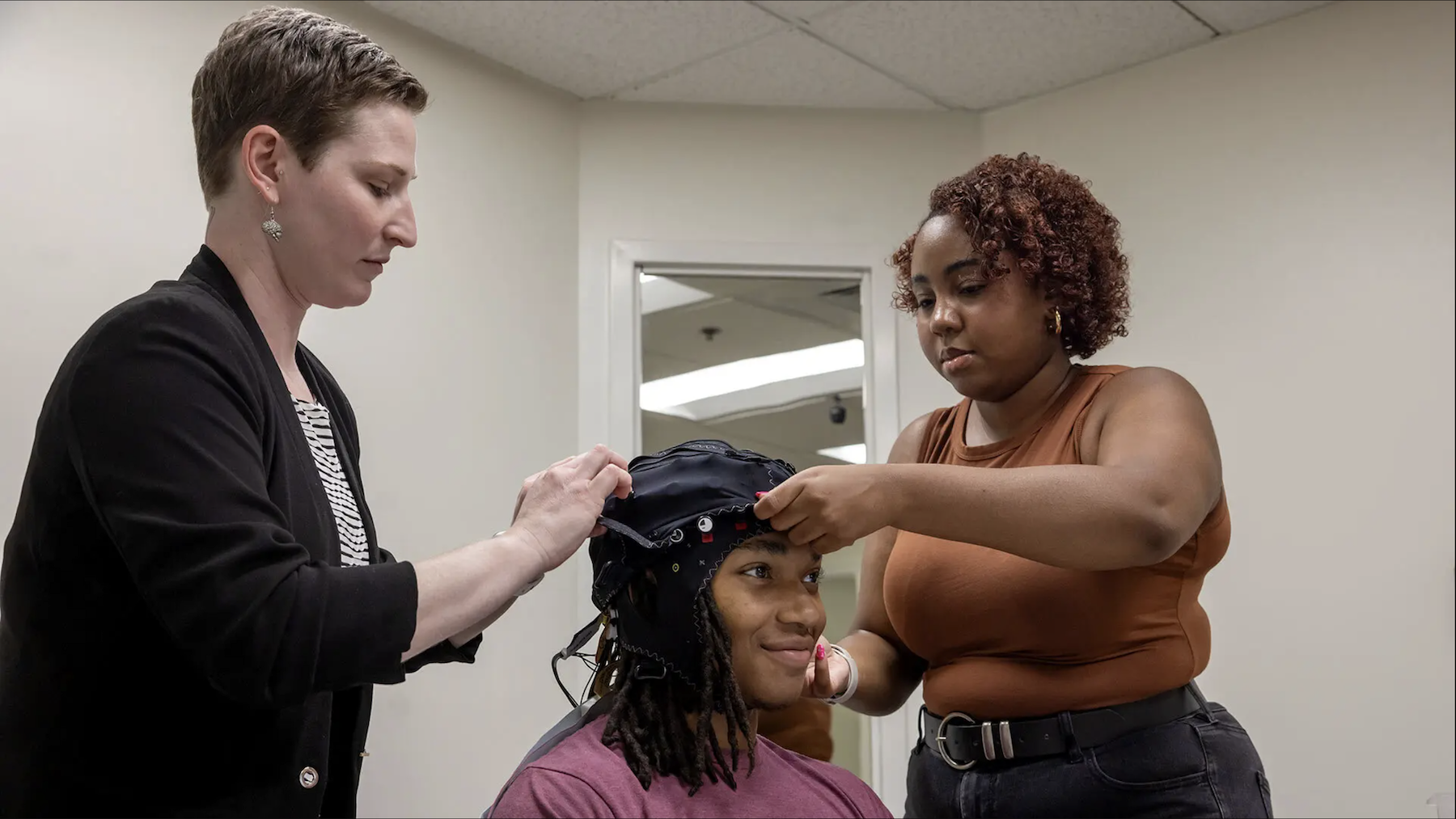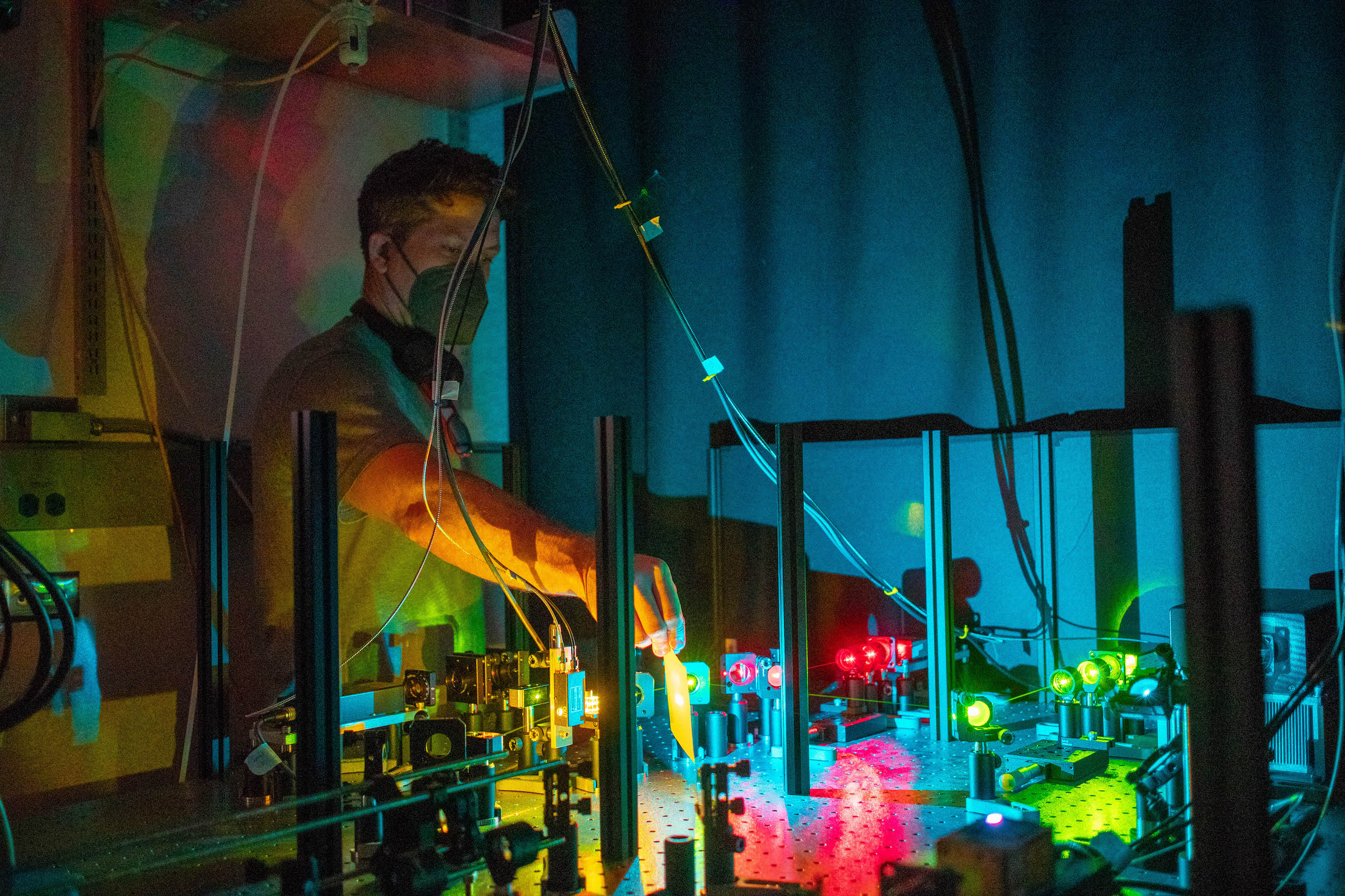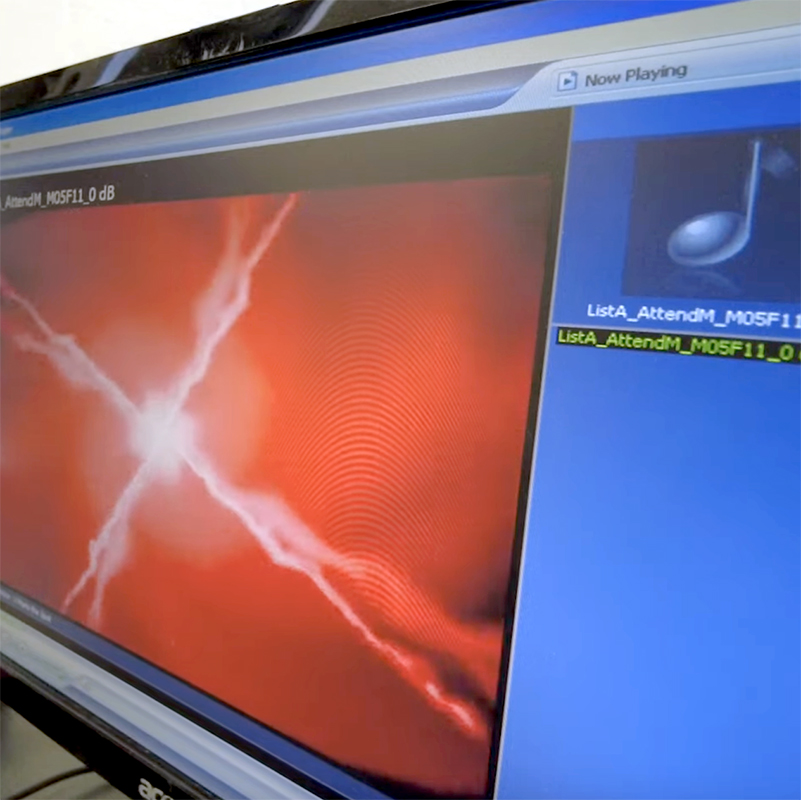News Story
Shackman lab awarded $3.4M NIH grant to clarify the origins of anxiety disorders and depression
The National Institute of Mental Health (NIMH) has awarded a 3.4 million dollar grant to the University of Maryland to support research aimed at understanding the mechanism that that promote the development of pathological anxiety and depression.
A growing body of data shows that these disorders impose a staggering burden on public health and the global economy, making them a growing concern for clinicians, researchers, and public policy makers. The anxiety disorders are the most common family of mental illnesses in the US and Europe and often contribute to the development of depression and substance abuse. Existing treatments are inconsistently effective or associated with significant side effects.
The new grant will support an international team of researchers, led by Professor Alex Shackman in the Department of Psychology at Maryland, who plan to use state-of-the-art brain imaging techniques, clinical measures, and smart-phone technology to clarify the mechanisms that support to the development and recurrence of anxiety disorders and depression—a critical step toward the development of new, brain-based strategies for preventing or treating these illnesses.
“This is a really exciting project, notes Dr. Shackman, “These disorders contribute to the suffering and misery of millions of patients and their loved ones all over the world, including many students at Maryland and other universities. The pipeline for developing new drugs is stalled. It’s imperative that we identify the brain circuits that underlie extreme anxiety and get a better handle on their relevance to changes in mood and function in the real world, close to the kinds of end-points that patients, families, and clinicians care about.”
One of the goals of the project is to use smart-phone technology to sample feelings, behavior, stress, and social support in college freshmen. “This is really one of the most novel and exciting parts of the project,” says Dr. Shackman. “I think the research community has done a great job using brain imaging techniques in people and more mechanistic interventions in rodents and monkeys to identify candidate circuits, networks in the brain that control anxiety. But we know almost nothing about whether any of those circuits actually predict anxiety, depression, or stress-reactivity where it matters, out in the real world. Here, we plan to use the smart-phones to intensively sample our subjects’ daily experience repeatedly for 30 months, as they transition from freshman year, to sophomore year, to junior and even senior year of university. We can then link those measures of experience and behavior back to measures of brain function collected during their freshman year, which we hope will enable us to discover patterns of brain function that predict who gets sick, who gets depressed, who starts drinking by themselves to cope with their stress.”
These data may provide new targets for drug development and guide the development of improved animal models of mental illness. “And it’s not just drugs,” Shackman emphasized, “this might give us some really important new clues about ways to better identify high-risk individuals before they get sick, and guide them into prevention programs focused on developing more effective coping skills. And the smart phone data may help us to develop better mobile apps for treating or even preventing these disorders, before relationships are strained, before performance in school or the workplace really starts to suffer.”
Other members of the international investigative team include Dr. Jason Smith in the Department of Psychology at Maryland; Drs. Greg Hancock and Nathan Fox in the Department of Human Development and Quantitative Methodology at Maryland; Dr. Luiz Pessoa, Director of the Maryland Neuroimaging Center; Dr. Todd Kashdan in the Department of Psychology at George Mason University; and Dr. Matthias Gamer in the Department of Psychology at the University of Würzburg, Germany.
To learn more about anxiety disorders and depression, please visit the Anxiety and Depression Association of America website.
3/30/2016 | College Park, MD USA
Published March 30, 2016
